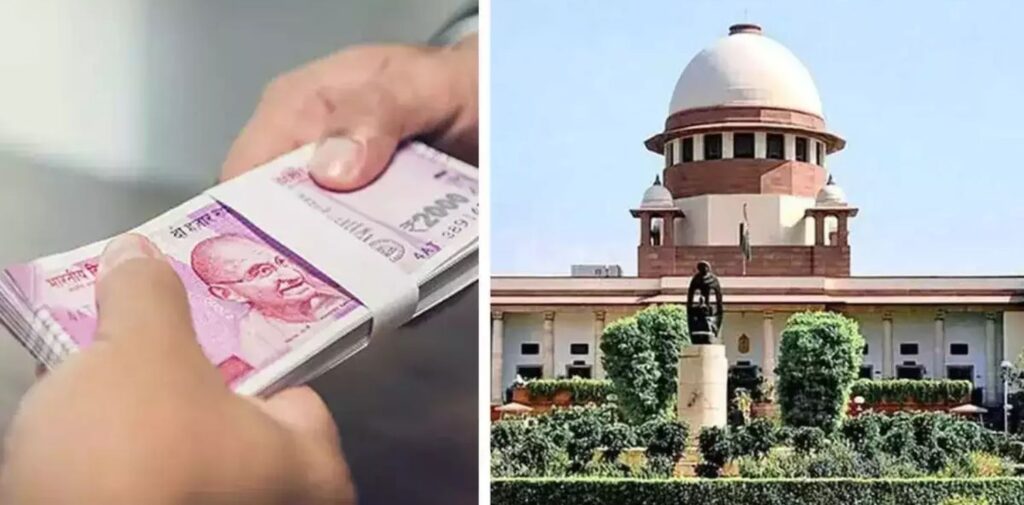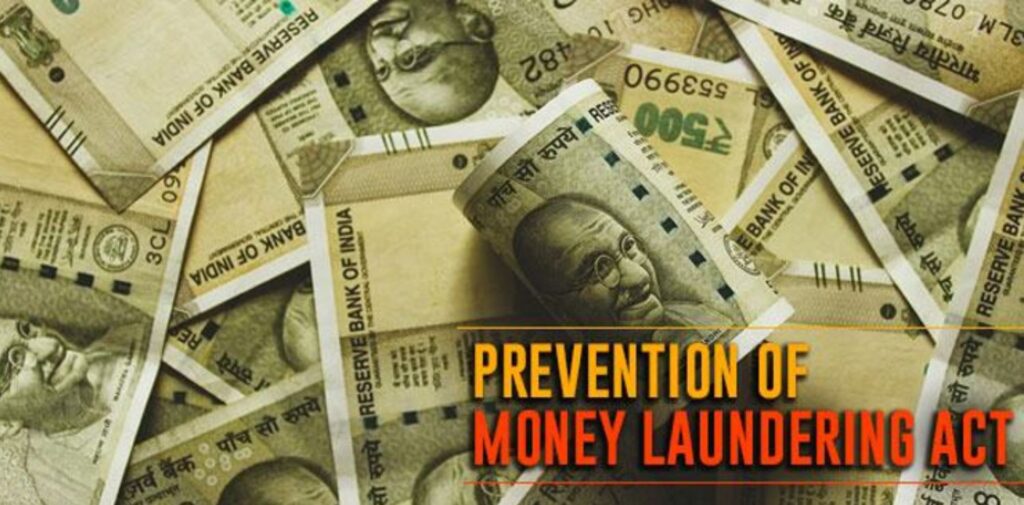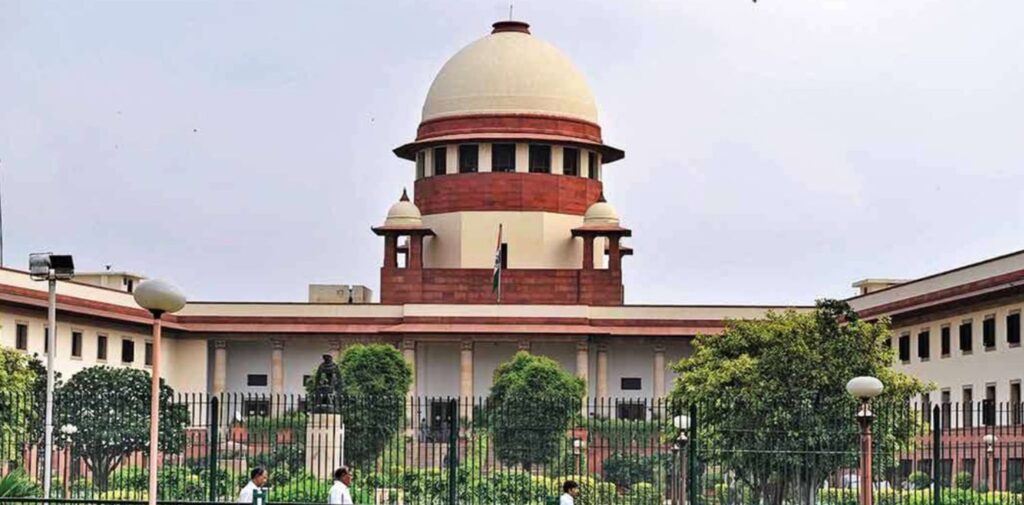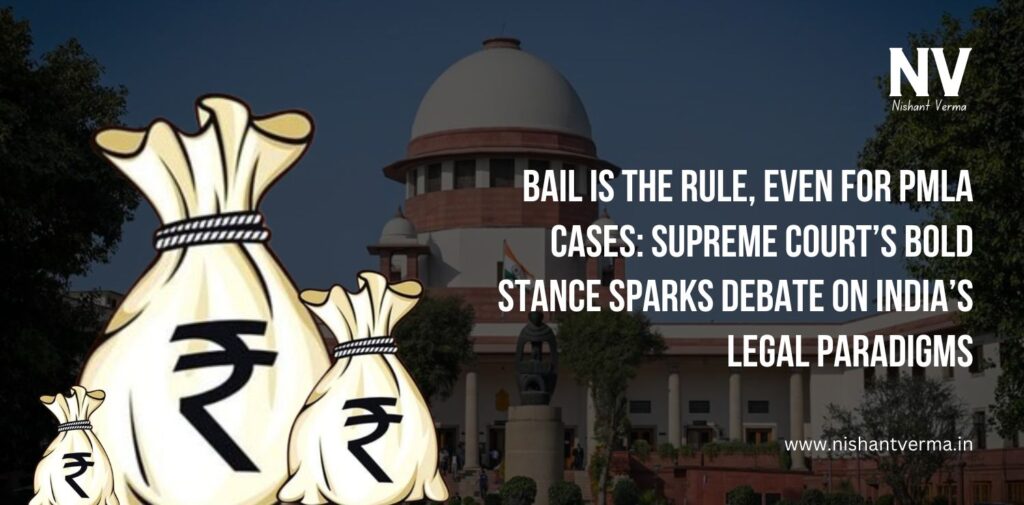The Supreme Court of India’s recent pronouncement that “bail is the rule and jail is the exception” even in cases under the Prevention of Money Laundering Act (PMLA) marks a pivotal moment in the country’s legal landscape. This decision reasserts the principle of personal liberty enshrined in the Indian Constitution and challenges the stringent bail conditions historically imposed under the PMLA. The ruling also casts a spotlight on broader questions about the balance between individual rights and state power, the interpretation of statutory laws like the PMLA, and their intersection with foundational legal frameworks such as the Indian Evidence Act.
The Case at Hand: A Crucial Judgment on PMLA Bail Provisions
In the case referenced, the Supreme Court was confronted with the question of whether the stringent bail conditions under the PMLA should override the general principle that bail is the norm. The case involved individuals accused of money laundering, a serious economic offense that has been a focal point of legal scrutiny in India. Historically, the PMLA has been viewed as a powerful tool in the government’s arsenal to combat financial crimes. However, its stringent provisions, particularly those related to bail, have often been criticized for being excessively harsh and infringing on personal liberty.

The Supreme Court’s ruling is significant because it challenges the automatic denial of bail under the PMLA, a trend that has been common due to the Act’s tough stance on economic offenses. The Court emphasized that the right to personal liberty is fundamental and that pre-trial detention should not be punitive. The judgment reinforces the idea that bail should not be denied solely based on the seriousness of the charges or the nature of the offense, but should be evaluated on a case-by-case basis, with a focus on the individual’s right to freedom pending trial.
Prevention of Money Laundering Act (PMLA): A Double-Edged Sword
The Prevention of Money Laundering Act, 2002, was enacted to combat money laundering and prevent the flow of illegally acquired funds into the financial system. The Act empowers authorities to attach, confiscate, and seize property involved in money laundering, and it also imposes stringent penalties on those found guilty. Over the years, the PMLA has become a crucial tool in India’s fight against economic crimes, particularly in cases involving high-profile individuals and large sums of money.

However, the PMLA has also been criticized for its draconian provisions, particularly those related to arrest and bail. Section 45 of the Act, before its amendment in 2018, stipulated that bail could not be granted unless the court was satisfied that the accused was not guilty of the offense and that they were unlikely to commit any crime while on bail. This created a virtually insurmountable hurdle for those seeking bail under the PMLA, leading to prolonged periods of incarceration even before a trial commenced.
The 2018 amendment to Section 45 of the PMLA removed the condition requiring courts to be satisfied that the accused was not guilty before granting bail. However, the amendment did little to alleviate concerns about the Act’s harshness, as courts continued to adopt a conservative approach in granting bail in PMLA cases. The Supreme Court’s recent ruling is, therefore, a welcome clarification that reaffirms the principle of bail as a right and underscores the importance of judicial discretion in such matters.
The Indian Evidence Act: Bridging the Gap Between Law and Justice
The Indian Evidence Act, 1872, serves as the backbone of India’s legal system in matters of evidence. It lays down the rules governing the admissibility, relevance, and weight of evidence in both civil and criminal cases. The Act is crucial in ensuring that justice is not only done but is seen to be done, by providing a framework within which evidence can be evaluated objectively and fairly.
In the context of PMLA cases, the Indian Evidence Act plays a vital role in determining the admissibility of evidence related to financial transactions, the origins of funds, and the involvement of the accused in money laundering activities. The Act ensures that the prosecution cannot rely on mere allegations but must provide concrete evidence to substantiate its claims. This is particularly important in PMLA cases, where the complexity of financial transactions can make it challenging to establish a clear link between the accused and the alleged criminal activity.
However, the Indian Evidence Act also presents challenges in PMLA cases. The burden of proof in criminal cases generally lies with the prosecution, and the standard of proof is “beyond a reasonable doubt.” This means that in PMLA cases, the prosecution must provide compelling evidence that leaves no room for reasonable doubt about the accused’s guilt. Given the technical nature of financial crimes and the sophisticated methods often used to conceal illicit activities, meeting this standard can be difficult. The Supreme Court’s ruling, therefore, underscores the importance of ensuring that the right to bail is not unduly restricted, especially in cases where the evidence may be complex or circumstantial.
Balancing Rights and State Interests: A Controversial Debate
The Supreme Court’s ruling has sparked a debate on the balance between individual rights and state interests. On one hand, the ruling is seen as a reaffirmation of the principle that personal liberty should not be sacrificed at the altar of stringent laws, especially in cases where the evidence is yet to be fully tested in court. On the other hand, critics argue that the ruling could weaken the state’s ability to combat serious economic offenses, which often have far-reaching implications for the economy and society.

Proponents of the ruling argue that it is a necessary correction to the trend of denying bail in PMLA cases, which has led to the incarceration of individuals for extended periods without trial. They contend that the presumption of innocence is a fundamental tenet of the legal system, and that denying bail based on the seriousness of the charges alone undermines this principle. Furthermore, they argue that pre-trial detention should not be used as a means of punishment, but should be reserved for cases where there is a genuine risk of the accused absconding or tampering with evidence.
Critics, however, caution that the ruling could embolden those involved in serious economic crimes by making it easier for them to secure bail. They argue that the PMLA’s stringent bail provisions are necessary to prevent accused individuals from using their resources and influence to evade justice. The concern is that relaxing these provisions could lead to a situation where economic offenders are able to manipulate the legal system to their advantage, thereby undermining the effectiveness of the PMLA as a deterrent against money laundering.
The Road Ahead: Implications of the Supreme Court’s Ruling
The Supreme Court’s ruling on bail in PMLA cases is likely to have significant implications for future cases and the broader legal landscape in India. For one, it could lead to a shift in how courts approach bail applications in cases involving economic offenses. Judges may now feel more empowered to grant bail in such cases, knowing that the Supreme Court has reaffirmed the principle that bail should be the norm, not the exception.
The ruling could also prompt a re-evaluation of other laws with stringent bail provisions, leading to a broader discussion about the balance between individual rights and the state’s interest in combating crime. This could ultimately lead to legislative changes that strike a better balance between these competing interests, ensuring that the right to personal liberty is protected while also enabling the state to effectively prosecute serious offenses.

Finally, the ruling may influence how evidence is evaluated in PMLA cases, particularly in light of the Indian Evidence Act. With the Supreme Court emphasizing the importance of judicial discretion in granting bail, there may be a greater focus on ensuring that the evidence presented by the prosecution is robust and compelling. This could lead to a more rigorous standard of evidence in PMLA cases, which in turn could affect the outcomes of such cases.
Conclusion: A Landmark Ruling with Far-Reaching Consequences
The Supreme Court’s decision to reaffirm the principle that “bail is the rule, jail is the exception” in PMLA cases is a landmark ruling with far-reaching consequences for India’s legal system. It challenges the conventional wisdom that economic offenses should be treated with blanket severity and reasserts the importance of individual rights in the face of state power. As the debate over this ruling continues, it is clear that the decision will have a profound impact on the interpretation of the PMLA, the application of the Indian Evidence Act, and the broader question of how to balance the rights of individuals with the state’s interest in maintaining law and order.




